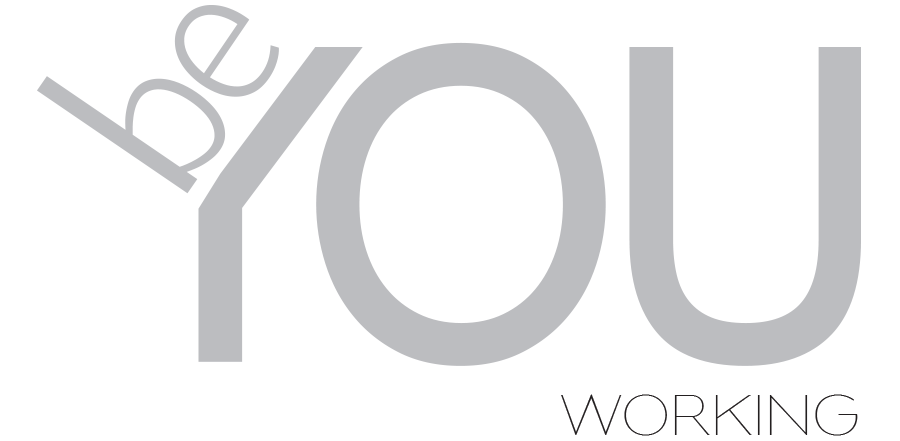
As I mourn with you, I asked, “what could I do to honor this amazing soul that many across the globe gained so much wisdom from?” I recalled a talk I was asked to give this past year at Fullerton University’s Center for Leadership – Mihaylo College of Business in which I highlighted a few clips from Kobe’s interview on “The School of Greatness” with Lewis Howes.
Kobe shared examples from his upbringing, his relationship with his father, early failures at basketball and his mentoring of his daughters. This is an interview anyone seeking to become a legacy leader should watch. Remind yourself daily of Kobe’s words and pay them forward to your children, those we mentor and the leaders we cultivate.
On going for it and being willing to fail:
- “Whether you score zero or you score 60, I’m gonna love you no matter what.” -Joe Bryant, Kobe’s Dad. “That is the most important thing that you can say to a child because from there, that gives me all the confidence in the world to fail. I have the security there.” -Kobe Bryant
On applying patience and focus to master your craft even when it’s not a natural talent:
- “Understanding a long-term view became important. What do I want to work on first? Alright shooting. Let’s focus on this. Half a year, 6 months, do nothing but shoot. What I had to do was work on the basics and the fundamentals. While they relied on their athleticism and their natural ability, and because I stuck to the fundamentals, it just caught up to them (regarding the kids that were better players).”
On placing positive associations to structured behavior & building a disciplined mindset:
- “When I get up in the morning, my daughter goes with me. 4am, my 15 year old goes with me. It becomes a daddy-daughter thing. She just got her permit so she drives in the morning so it becomes a cool thing. Through that process, she understands the value of hard work and things taking time. The same thing with my 12 year old. She practices everyday. And so it’s through those behaviors, is where I find the motivation to do it.”
On developing a growth mindset and seeing failure as data to create something better:
- “(Losing) means you have different ways to get better. The things that you can figure out, that you can take advantage of, certain weaknesses that were exposed, that you need to shore up. It sucks to lose, but at the same time, there are answers there if you just look at them. The answers are there when you win too. You just have to look at them. The process should be exactly the same, whether you win or you lose. Go back, and you look, find things that you could have done better. You find things that you’ve done well, that worked. Figure how did they work, why did they work? How you can make them work again?”
What is MAMBA MENTALITY?
“It means to be able to constantly try to be the best version of yourself.
It’s a constant quest to try to better today than you were yesterday.” – Kobe Bryant
By: Jessica I. Morales | www.beyoubloom.com | IG/Twitter @beyoubloom
Full interview with Lewis Howes on YouTube: http://bit.ly/37uOK6f
The Mamba Mentality: How I Play by Kobe Bryant: https://amzn.to/3aJUN9c
Pictures from that day at the Center for Leadership, Fullerton University:



 Tip #1: Prime Your Mind
Tip #1: Prime Your Mind






 Photo Source: Photo by Teddy Kelley on Unsplash
Photo Source: Photo by Teddy Kelley on Unsplash
